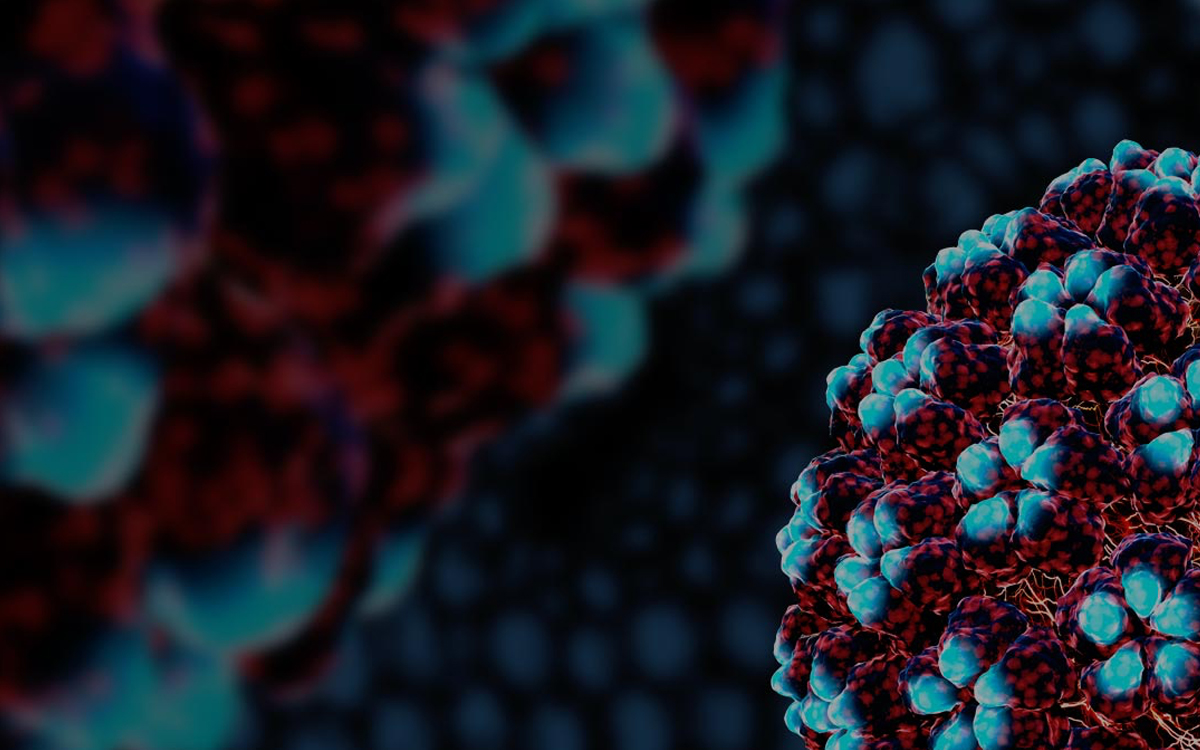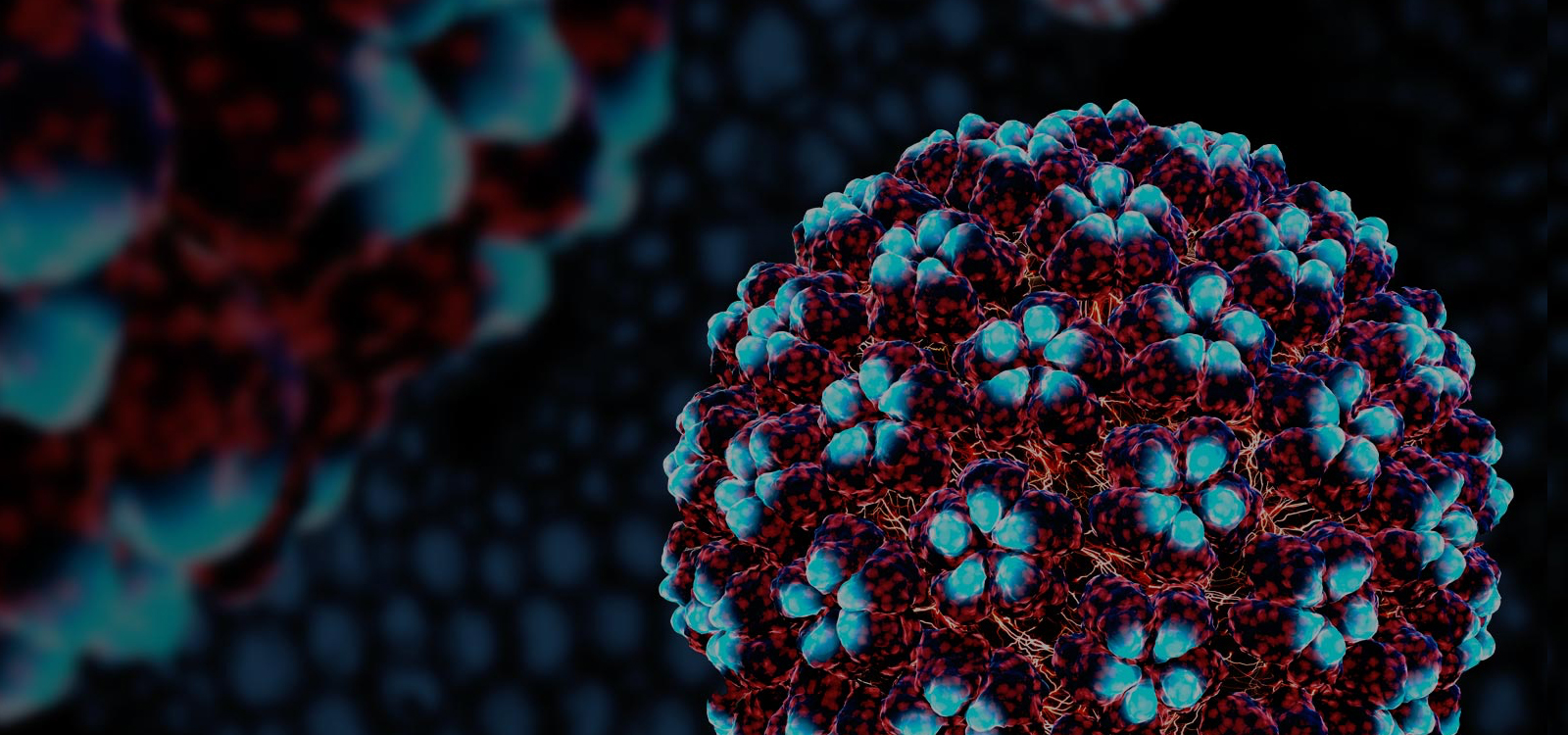What you should know
Risks for transmission
- HPV can be passed through oral, vaginal, or anal sex with an infected partner.
- HPV can also be transmitted through other intimate contact including genital rubbing.
- HPV can also be passed to an infant during delivery (rare).
Symptoms
Genital warts:
- No symptoms
- Itchiness
- Discomfort during intercourse
- Bleeding with intercourse or with shaving
- Warts on the penis or vulva, which appear as small cauliflower-like growths
- During pregnancy, warts may increase in size and number and then regress/resolve after delivery
Cervical cancer:
- Often no symptoms
- Bleeding between periods or after intercourse
- Found after an abnormal Pap test

Other cancers caused by HPV:
- HPV has been associated with some cancers on the vulva, in the anus, on the penis, and in the throat. Atypical symptoms from these areas, especially bleeding, itchiness, or pain should prompt a visit to the doctor.

Prevention
- Condoms can help prevent the spread of HPV, but they do not provide full protection.
- The most up-to-date vaccine provides protection against 7 HPV types associated with 90% of cervical cancers.
- In Canada, HPV vaccination is approved for females from ages 9 – 45 and males from
ages 9 – 26. - Shaving the genital area can promote the spread of genital warts.
- Vaccination works best before you are sexually active or have already become infected or exposed to an HPV virus, but can help reduce the risk of HPV-related disease at any time, even after an abnormal Pap test.
Testing
- Most genital warts are diagnosed by visual inspection. If there is any doubt, a biopsy can be taken.
- Cervical Cancer Screening – If you are female, the best defence against cervical cancer is to have regular Pap and/or HPV tests. These tests will detect abnormal cells in your cervix that could lead to cervical cancer. A female should visit a health care provider to have cervical cancer screening tests every few years or according to the guidelines in their province or territory.
- Cervical cancer can be screened for by Pap tests and/or HPV tests.
- Males can be examined by their doctor for genital warts caused by HPV and for signs of cancers of the penis, anus, and mouth and throat.

Treatment
- There is no known way to eradicate the virus once you are infected.
- People with conditions affecting their immune system, including HIV, cancer, on immune suppressant medication for organ transplantation, and auto-immune conditions (such as systemic lupus erythematosis) need more frequent screening for HPV.
- There are treatments for genital warts and cell changes caused by the virus, but these do not cure the virus itself.
- Once you have an HPV infection, the immune system will most often clear the virus, in most people, within one to two years.
- HPV infections can reoccur in the future.
Complications
- Once infected with HPV, you are at increased risk of re-infection and of persistent HPV infection. Thus both genital warts and cancerous changes to the cervix can reoccur. This can be especially significant in those with weakened immune systems, for example, after organ transplantation, during cancer treatment, or in conditions of immune deficiency such as AIDS or HIV infection.
- Counselling may be useful to help with relationship issues that may arise from the complex nature of the infection.

